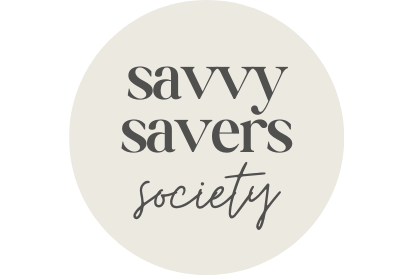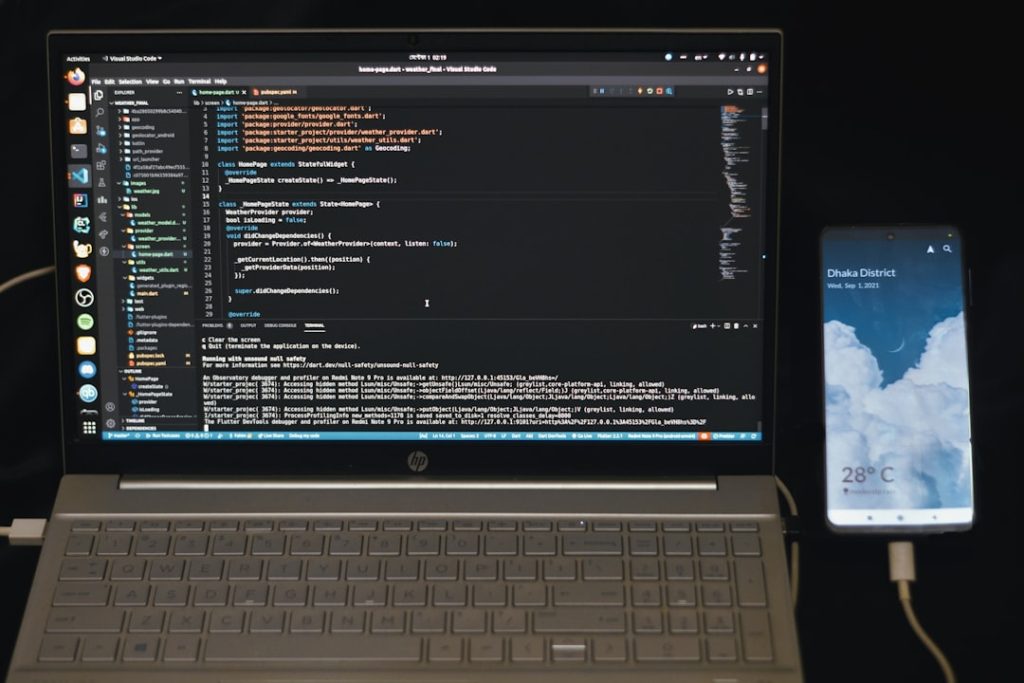Money conversations used to happen behind closed doors, whispered between couples or discussed nervously with financial advisors. But a new movement is changing all that. Welcome to loud budgeting, where people proudly share their financial journeys, celebrate small wins, and support each other through money challenges—all in public, all with enthusiasm, and all with surprisingly powerful results.
If you’ve ever felt alone in your financial struggles or embarrassed about setting spending limits, loud budgeting might be exactly what you need to transform your relationship with money and find the community support that makes saving actually enjoyable.
What Is Loud Budgeting, Really?
Loud budgeting flips the script on traditional money management. Instead of quietly tracking expenses in a private spreadsheet or shamefully cutting back on spending without telling anyone, loud budgeters make their financial choices public and proud.
Picture this: instead of secretly declining dinner invitations because you’re trying to save money, you post on Instagram, “I’m challenging myself to cook at home all month and save $200 for my vacation fund!” Instead of quietly meal prepping alone in your kitchen, you film a TikTok showing your grocery haul and explaining how you’re cutting your food budget from $150 to $75 per week.
This isn’t about bragging or showing off. It’s about normalizing financial responsibility, celebrating smart money choices, and building community around shared goals. When you declare your intentions publicly, you create accountability that private budgeting simply can’t match.
The beauty of loud budgeting lies in its authenticity. People share real numbers, honest mistakes, and genuine celebrations. There’s no filtered perfection here—just real people making real progress with their money, one transparent post at a time.
Why This Movement Is Taking Off
The loud budgeting trend resonates because it addresses several fundamental human needs that traditional budgeting ignores: community, accountability, and celebration.
It Feels Refreshingly Real
Social media is often criticized for showing only highlight reels, but loud budgeting does the opposite. When someone posts about struggling to stick to their grocery budget or celebrating finally paying off a credit card, it feels genuine and relatable. Watching someone cut their food bill or worry about an unexpected car repair creates connection because these experiences are universal.
Community Creates Momentum
Traditional budgeting is lonely. You set goals privately, struggle silently, and either succeed or fail without much external support. Loud budgeting transforms this solitary process into a community experience. People cheer each other on, share practical tips, and offer encouragement during difficult moments. It’s like having a personal cheerleading squad for your financial goals.
Public Accountability Works
There’s something powerful about making your intentions public. When you tell the internet you’re going to save $500 this month, you create external pressure to follow through. This isn’t about shame or judgment—it’s about harnessing the positive pressure that comes from knowing others are watching and rooting for your success.
Celebration Becomes Automatic
Private budgeting often focuses on restrictions and limitations. Loud budgeting reframes these same choices as victories worth celebrating. When you publicly acknowledge sticking to your coffee budget or successfully completing a no-spend week, you reinforce positive behaviors and make the process more enjoyable.
Real People, Real Results
The power of loud budgeting becomes clear when you look at real examples of people who’ve embraced this approach.
Sarah’s Meal Prep Success Story
Sarah started sharing her weekly grocery hauls on TikTok, not because she wanted to become an influencer, but because she wanted accountability for her meal prep goals. Each Sunday, she films herself planning meals, shopping strategically, and preparing food for the week. Her followers watch her grocery bill drop from $200 to $125 per week as she gets better at planning and avoiding food waste.
What makes Sarah’s approach effective isn’t just the money she saves—it’s how sharing the process helps her stick with it. When she’s tempted to order takeout on a Wednesday evening, she remembers her TikTok audience and reaches for the meal she prepped instead. Her weekly savings of $75 adds up to nearly $4,000 per year, money that now goes toward her emergency fund.
Jamal’s No-Spend Challenge
Jamal transformed a potentially boring month of not spending money into engaging content that inspired hundreds of followers. He documented his “No-Spend November” by livestreaming free activities: hiking local trails, attending free museum days, hosting potluck dinners with friends, and exploring his city’s parks.
Instead of feeling deprived, Jamal discovered new interests and strengthened relationships with friends who joined his challenge. His followers started their own no-spend periods, creating a ripple effect of people finding creative ways to have fun without spending money. Jamal’s month of no discretionary spending saved him $400, but more importantly, it shifted his perspective on what he actually needed to buy versus what he bought out of habit.
The Chicago Couple’s Debt Dance
One couple turned their debt payoff journey into entertaining content by celebrating every milestone with choreographed dances. Each time they paid off another $1,000 of credit card debt, they posted a silly dance video with their remaining balance displayed proudly on screen.
Their approach accomplished several things at once: it kept them motivated during a long debt payoff process, it made their financial journey fun instead of stressful, and it inspired other couples to tackle their debt together. Over eighteen months, their dance videos documented the elimination of $23,000 in credit card debt. Their final dance—celebrating zero debt—went viral and inspired thousands of people to start their own debt payoff journeys.
How to Start Your Own Loud Budgeting Journey
Getting started with loud budgeting doesn’t require a huge social media following or perfect financial habits. You can begin with whatever platform feels comfortable and whatever goal feels achievable.
Start With One Clear Goal
Choose a specific, measurable financial goal that you can track and share progress on. This might be saving $200 for a vacation, cutting your dining out budget by $100, or paying off a specific credit card. Having a clear target gives your content focus and makes it easier to show progress.
Be Genuinely Honest
The most engaging loud budgeting content shows real numbers, admits to mistakes, and celebrates small wins authentically. Don’t inflate your goals or hide your struggles. People connect with honesty, and your real experiences will resonate more than any perfect performance.
Use the Right Hashtags and Find Your Community
Use hashtags like #loudbudgeting, #moneytok, #budgetingjourney, and #debtfree to connect with others on similar paths. Engage with other people’s content, celebrate their wins, and ask for advice when you need it. Building genuine connections makes the experience richer and more supportive.
Document Both Struggles and Successes
Share the full experience: the weeks when you exceed your budget, the unexpected expenses that throw off your plans, and the moments when you successfully resist temptation. This complete picture helps others relate to your journey and shows that financial progress isn’t always linear.
Ask Your Community for Help
Don’t be afraid to ask your followers for advice, tips, or encouragement. People love helping others succeed, and crowdsourcing solutions often leads to strategies you wouldn’t have discovered alone. Whether you need cheap meal ideas, free activity suggestions, or motivation to stick with a challenging goal, your community can provide support.
Why Millennials and Gen Z Are Leading This Movement
Loud budgeting particularly appeals to younger generations who grew up with social media and value authentic, community-driven experiences over private, individual struggles.
Authenticity Over Perfection
Unlike older generations who might view financial struggles as private matters to handle quietly, millennials and Gen Z are comfortable sharing real challenges publicly. They prefer honest conversations about money over polished financial advice that feels disconnected from reality.
Community-Driven Solutions
These generations have learned to use social platforms to find information, support, and community around shared interests. Applying this same approach to budgeting feels natural and effective.
Creative Self-Expression
Loud budgeting allows for creativity and personal expression within the framework of financial responsibility. Making videos, sharing challenges, and celebrating progress appeals to people who want their financial journey to reflect their personality and values.
Rejection of Money Shame
Previous generations often attached shame to financial limitations, but younger people are more likely to view budgeting as a positive choice worth celebrating. This shift in mindset makes public sharing feel empowering rather than embarrassing.
The Psychological Benefits of Going Public
Beyond the practical financial results, loud budgeting offers significant psychological benefits that traditional private budgeting often lacks.
Reduced Financial Anxiety
Money stress often comes from feeling alone in financial struggles. When you share your challenges and realize that others face similar situations, money management feels less overwhelming and more manageable.
Increased Motivation Through Social Support
Having people cheer you on during difficult moments and celebrate your successes creates positive reinforcement that sustains motivation over time. This external encouragement can carry you through periods when internal motivation wavers.
Improved Financial Confidence
Successfully meeting public financial goals builds confidence that extends beyond money management. People who practice loud budgeting often report feeling more confident making other major decisions and pursuing other challenging goals.
Better Financial Habits Through Repetition
Regularly documenting and sharing financial choices reinforces good habits and makes you more aware of spending patterns. The act of explaining your decisions to others helps clarify your own thinking and strengthen your commitment to your goals.
Making Loud Budgeting Work for You
Loud budgeting isn’t one-size-fits-all. You can adapt the approach to match your comfort level, goals, and preferred platforms.
Choose Your Platform Thoughtfully
TikTok and Instagram work well for visual content and younger audiences, while Facebook groups might appeal to people wanting longer-form discussions. Twitter can work for quick updates and finding community around specific hashtags. LinkedIn might be appropriate for sharing professional financial goals or side hustle progress.
Set Boundaries That Feel Right
You don’t have to share every detail of your financial life. Focus on specific goals or challenges rather than your complete financial picture. Share what feels helpful and motivating while keeping private information protected.
Find Your Content Style
Some people excel at video content, others prefer written posts, and some like sharing photos with detailed captions. Experiment with different formats to find what feels authentic and sustainable for you.
Connect Beyond Social Media
Consider starting or joining local groups focused on financial goals. Having both online and offline support can strengthen your commitment and provide different types of encouragement and accountability.
The Future of Money Conversations
Loud budgeting represents a significant shift in how people approach personal finance. By making money conversations public, celebratory, and community-driven, this movement is helping people build better financial habits while reducing the shame and isolation that often accompany money struggles.
As more people embrace this approach, we’re likely to see continued growth in supportive online communities, more tools designed for sharing financial progress, and greater normalization of discussing money openly and positively.
Whether you’re just starting your financial journey or looking for fresh motivation to stick with existing goals, loud budgeting offers a powerful alternative to traditional private budgeting. By sharing your story, celebrating your progress, and connecting with others on similar paths, you can transform money management from a solitary challenge into a community celebration.
You don’t need to be perfect with money to start loud budgeting. You just need to be willing to share your real experience, support others on their journeys, and celebrate the small steps that lead to big financial changes. In a world where money conversations often feel stressful or shameful, loud budgeting offers something different: the chance to make your financial goals social, supportive, and genuinely fun to pursue.
Your money story matters, your progress deserves celebration, and your journey can inspire others. So why not share it loudly?

